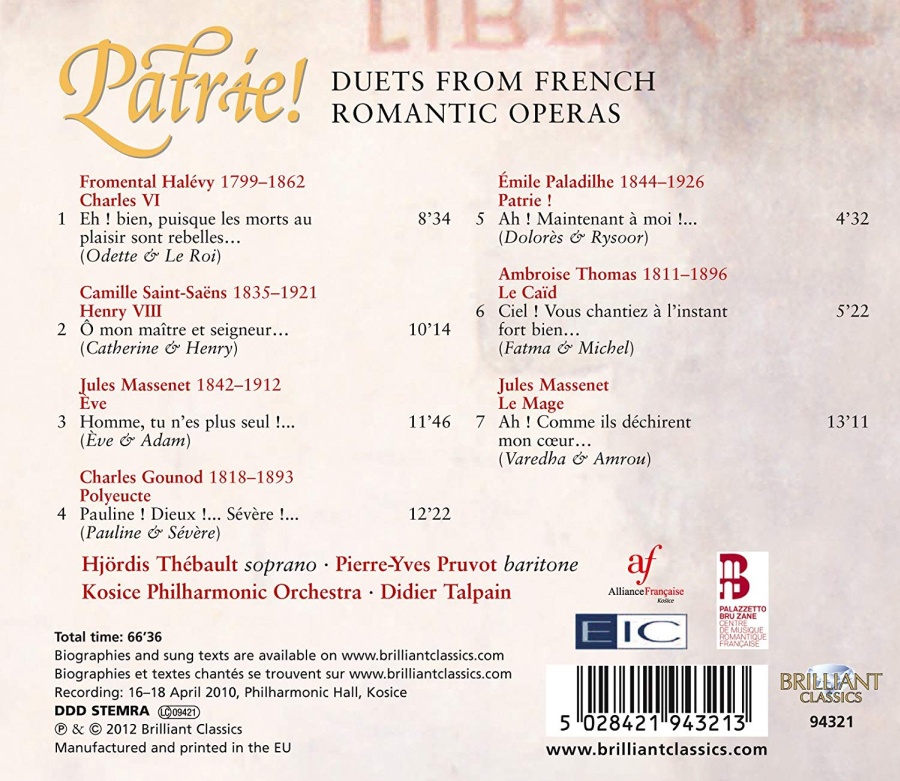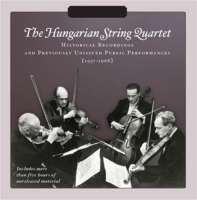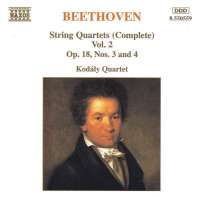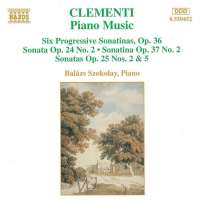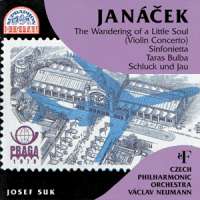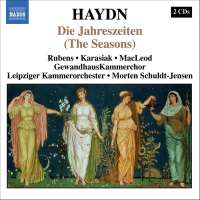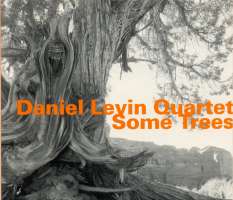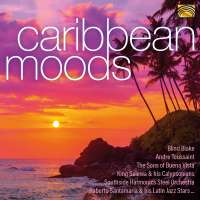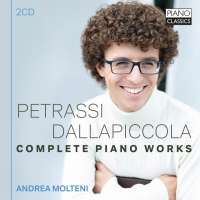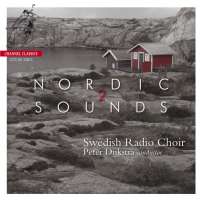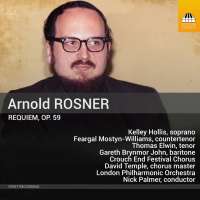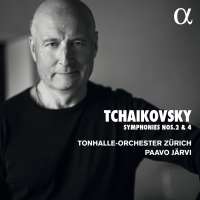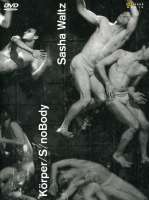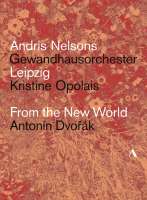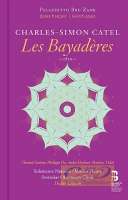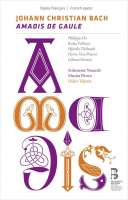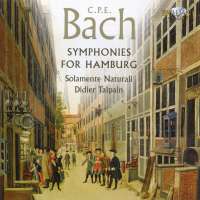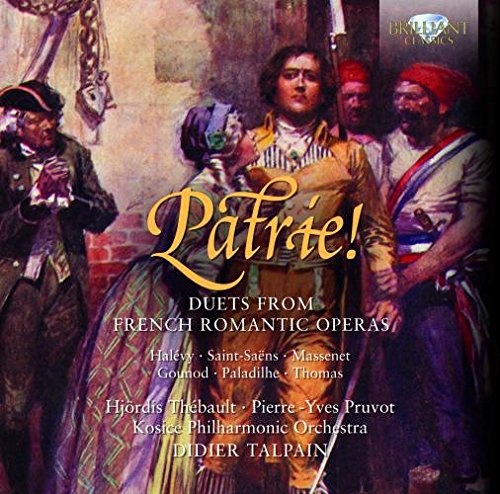
tytuł
Patrie! Duets from French Romantic Operas
wykonawcy
Talpain, Didier;
Kosice Philharmonic Orchestra
Kosice Philharmonic Orchestra
nr katalogowy
94321
opis
In the 19th century, Paris consolidated its position as the leading city of opera. Composers from Germany (Meyerbeer, Paer and Wagner, who famously had a very unhappy time there) and Italy (Rossini, Verdi, Spontini, Cimarosa and Cherubini) worked there alongside native composers, vying for public favour in the years following the French Revolution.
Opera was performed in Paris’s major theatres (the Opera, Opera-Comique, Theatre-Lyrique and Theatre-Italien) and divided into two varieties – serious works on heroic themes and lighter works based on the lives of ordinary people or events. This divide developed into two fully defined styles: opera comiques and drama lyrique.
• Gounod: Pauline ! Dieux !... Sévère !...
• Gounod: Polyeucte
• Halévy: Charles VI
• Halévy: Eh ! bien, puisque les morts au plaisir sont rebelles (from Charles VI)
• Massenet: Ah ! Comme ils déchirent mon coeur…
• Massenet: Eve
• Massenet: Homme, tu n’es plus seul !...
• Massenet: Le Mage
• Paladilhe: Ah ! Maintenant à moi !...
• Paladilhe: Patrie!
• Saint-Saëns: Henry VIII
• Saint-Saëns: Ô mon maître et seigneur…
• Thomas, Ambroise: Ciel ! Vous chantiez à l’instant fort bien…
• Thomas, Ambroise: Le caïd
Works:
• Gounod: Pauline ! Dieux !... Sévère !...
• Gounod: Polyeucte
• Halévy: Charles VI
• Halévy: Eh ! bien, puisque les morts au plaisir sont rebelles (from Charles VI)
• Massenet: Ah ! Comme ils déchirent mon coeur…
• Massenet: Eve
• Massenet: Homme, tu n’es plus seul !...
• Massenet: Le Mage
• Paladilhe: Ah ! Maintenant à moi !...
• Paladilhe: Patrie!
• Saint-Saëns: Henry VIII
• Saint-Saëns: Ô mon maître et seigneur…
• Thomas, Ambroise: Ciel ! Vous chantiez à l’instant fort bien…
• Thomas, Ambroise: Le caïd
nośnik
CD
gatunek
Muzyka klasyczna
producent
Brilliant Classics
data wydania
13-11-2019
EAN / kod kreskowy
5028421943213

(Produkt nie został jeszcze oceniony)
cena 55,00 zł
lubProdukt na zamówienie
Wysyłka ustalana indywidualnie.
Darmowa wysyłka dla zamówień powyżej 300 zł!
Darmowy kurier dla zamówień powyżej 500 zł!
sprawdź koszty wysyłki